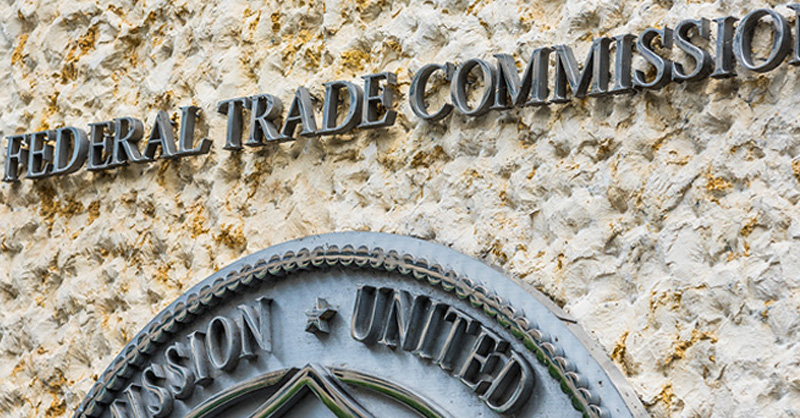As ruling on restitution case looms, FTC pursues litigation, other options
12 April 2021 08:25 by Claude Marx

If the Supreme Court limits the Federal Trade Commission’s ability to obtain redress, the agency will likely concentrate on alternate ways of enforcing existing rules and writing more of them.
All those options would take longer than the current process. While the agency is asking lawmakers to clarify its powers by amending the provisions of Section 13(b) of the FTC Act, making those tweaks could also open the door to broader jurisdictional changes.
Acting FTC Chairwoman Rebecca Kelly Slaughter and acting Consumer Protection Bureau Director Daniel Kaufman have talked of filing more lawsuits against companies that violate agency rules, which is allowed under Section 19 of the FTC Act. There is a three-year statute of limitations on those cases.
Under that provision, the agency can ask for monetary relief in federal court after getting an administrative cease-and-desist order. The FTC must prove that a “reasonable man would have known under the circumstances” that the conduct in question was “dishonest or fraudulent.”
Former FTC Chairman William Kovacic told FTCWatch the Section 19 approach is “a clumsier path that will take a longer time.”
The FTC needs contingency plans after two federal appellate court losses and the skepticism surrounding the agency’s powers to recover ill-gotten gains under Section 13(b), as expressed by Supreme Court justices at arguments in AMG Capital Management LLC v. FTC. The high court is expected to rule by the end of June.
In addition to planning more Section 19 cases, the FTC is also preparing for a possible loss by beefing up its rulemaking capabilities.
Last month, Slaughter said the agency is forming a new rulemaking group within the Office of the General Counsel to allow staff to adopt a harmonized approach across its different mission areas.
The group will look at rulemaking powers under Section 18 of the FTC Act that establishes procedures undertaken without direct congressional consent. Much of the agency’s powers on rulemaking come from the authority granted by the Magnuson-Moss Warranty-Federal Trade Commission Improvement Act.
Slaughter explained at the American Bar Association’s antitrust spring conference that the new rulemaking group will update “data-related rulemaking” and link privacy and competition.
“I believe that we can and must use our rulemaking authority to deliver effective deterrence for the novel harms of the digital economy and persistent old scams alike,” she said. “It is also time for the commission to activate its unfair methods of competition rulemaking authority in our increasingly concentrated economy.”
The FTC hasn’t used Section 18 rulemaking since the 1980s.
It could also get a lifeline from Congress by getting the legislative body to explicitly spell out its powers.
The agency wants lawmakers to change Section 13(b) of the FTC Act by substituting the phrase “is violating, or is about to violate” with “has violated, is violating, or is about to violate.” It would also strike the language stating a court “may issue a permanent injunction.” In its place would be language allowing the court to issue an injunction or an “equitable remedy.”
Senator Roger Wicker of Mississippi, the top Republican on the Senate Commerce Committee, included such language in the draft of a privacy bill he introduced in 2020. He hasn’t reintroduced the measure yet this year. Representative Dennis Cardenas, a California Democrat, also plans to introduce a measure on the topic.
Kovacic said if lawmakers amend the FTC Act to alter 13(b), they could make other changes to the agency, including some that FTC leaders don’t necessarily want. He added, given the Capitol Hill proposals, the agency could lose some of its enforcement powers regarding privacy and antitrust.
“When you open that door, many issues walk through it,” he said.
Related Articles
No results found
